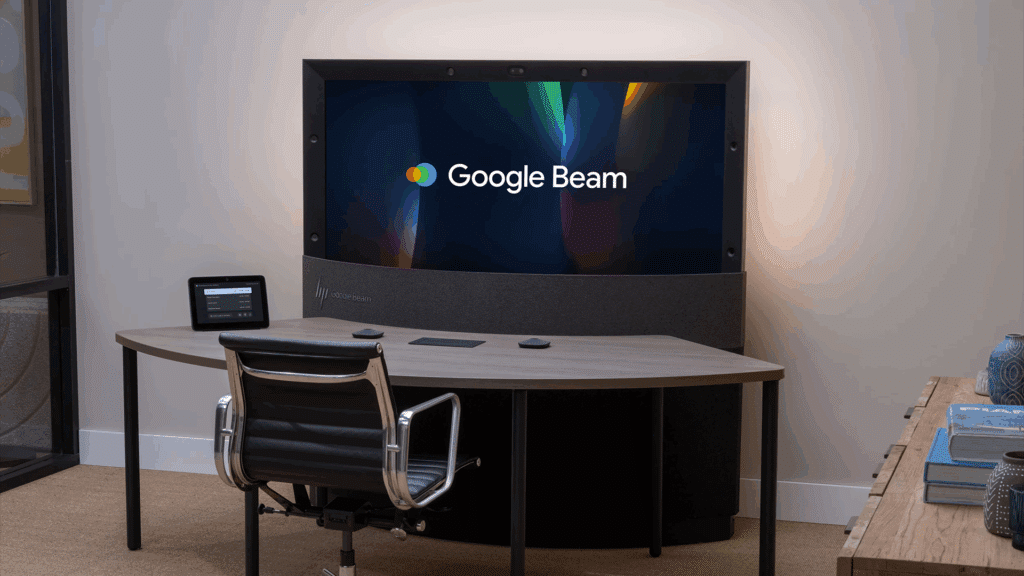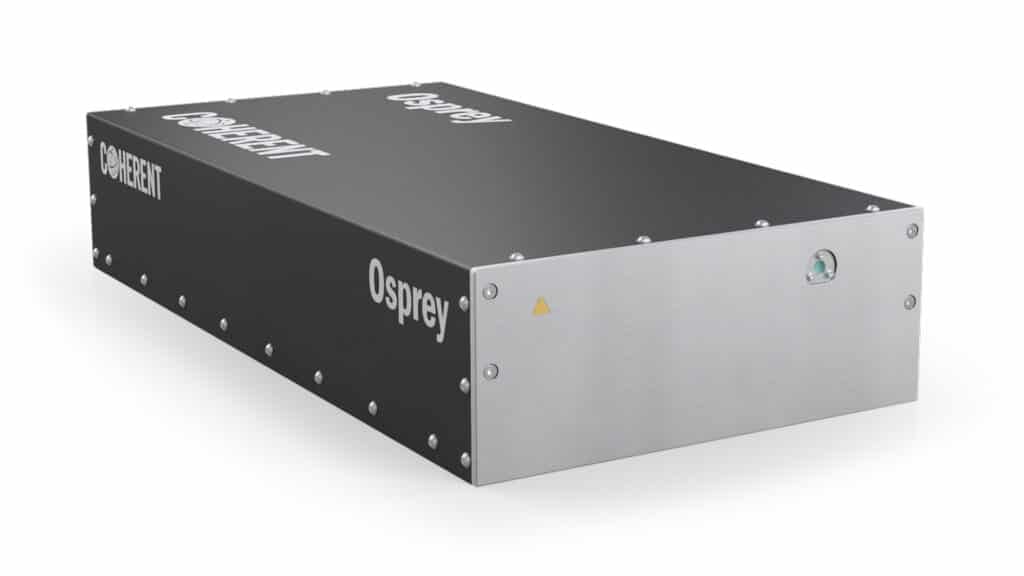The News: On January 25, Google Cloud announced a new partnership to enable Hugging Face developers to choose Google Cloud infrastructure for all Hugging Face services.
Here are the key details:
- Developers can train, tune, and serve Hugging Face models with Google Cloud’s Vertex AI, enabling them to utilize Google Cloud end-to-end MLOps services to build generative AI applications
- Access to Google Kubernetes Engine (GKE) deployments means Hugging Face developers can train, tune, and serve their workloads with “do it yourself” infrastructure and scale models using Hugging Face-specific Deep Learning Containers on GKE
- Access to Google’s Cloud TPU v5e AI accelerators
- Google Cloud joins Amazon Web Services (AWS) and Microsoft Azure as AI model training, tuning, and serving options
Read the Google Cloud Hugging Face partnership press release here.
Google Cloud Announces Hugging Face Partnership
Analyst Take: Google Cloud becomes the latest hyperscaler Hugging Face developers can choose to train, tune, and serve up their AI models. Developers could already do so with AWS or Microsoft Azure. Hugging Face, which has been referred to as The GitHub of Open-Source AI, hosts more than 300,000 models and is being used by more than 50,000 organizations. What will the impact of the Google Cloud-Hugging Face partnership be? Here are my thoughts.
Hugging Face Is the Competitive Marketplace for AI Platforms and Compute
Google Cloud, AWS, and Microsoft Azure each offer very competitive and equally comprehensive AI platforms and AI compute options, but enterprise customers choose among those players for a variety of reasons, many of which might have nothing to do with AI capabilities of said platform. With the addition of Google Cloud, Hugging Face has become the de facto marketplace for AI platforms and compute—developers can easily choose to switch providers to test and try, without a significant commitment. Developers and enterprises benefit and the hyperscalers get sharper with their AI offerings.
Hugging Face Is the Hottest Testing Ground for AI Compute
Google Cloud will join not only AWS and Microsoft Azure but also Intel, AMD, and NVIDIA in the hottest testing ground for AI compute. The advantage to all of these vendors is the chance to rapidly see how their hardware performs in delivering AI compute workloads. Note that Google Cloud mentioned Hugging Face developers will have access to Google Cloud’s TPU v5e AI accelerators. Given the lack of friction, Google Cloud now has the opportunity to see how its latest AI accelerators perform across a wide range of use cases and applications, leading to greater learnings to iterate their AI platforms and compute offerings.
Google Is Increasingly Embracing Open Source
While Google offers some proprietary AI models (such as Gemini), it, along with AWS, Microsoft, and IBM are increasingly embracing open source AI models as well. For the major hyperscalers, it is not a matter of either proprietary models or open source models; it is the idea that enterprises want and will use both proprietary models and open source models, when it makes sense to do so.
Conclusion
Hugging Face has effectively accelerated AI development and learning by adding Google Cloud as a partner to bring most of the major cloud providers (except IBM) to developers from one platform. Enterprises will iterate on their AI learnings, applications, and workloads more rapidly. AI compute vendors will iterate on their AI development and compute services more quickly. This is a win-win for enterprise AI adoption.
Disclosure: The Futurum Group is a research and advisory firm that engages or has engaged in research, analysis, and advisory services with many technology companies, including those mentioned in this article. The author does not hold any equity positions with any company mentioned in this article.
Analysis and opinions expressed herein are specific to the analyst individually and data and other information that might have been provided for validation, not those of The Futurum Group as a whole.
Other Insights from The Futurum Group:
Why the Launch of LLM Gemini Will Underpin Google Revenue
With Azure AI Studio, Microsoft Contends for Top Dev Platform
Google Cloud Next: Vertex AI Heats Up Developer Platform Competition
Author Information
Mark comes to The Futurum Group from Omdia’s Artificial Intelligence practice, where his focus was on natural language and AI use cases.
Previously, Mark worked as a consultant and analyst providing custom and syndicated qualitative market analysis with an emphasis on mobile technology and identifying trends and opportunities for companies like Syniverse and ABI Research. He has been cited by international media outlets including CNBC, The Wall Street Journal, Bloomberg Businessweek, and CNET. Based in Tampa, Florida, Mark is a veteran market research analyst with 25 years of experience interpreting technology business and holds a Bachelor of Science from the University of Florida.





